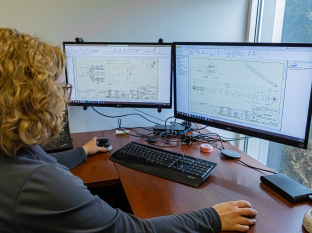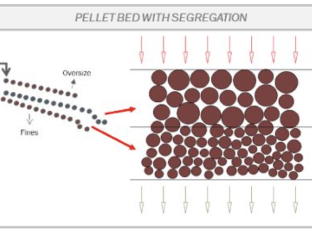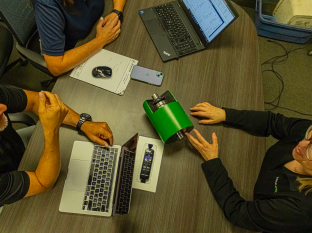Sustainability
Enabling more sustainable transformation operations
We create innovative solutions to optimize and reduce the environmental footprint of primary industry.
We take an environmentally and socially responsible approach at every level, from our own footprint to our customers’ critical equipment and operational processes. In addition to environmental aspects, our sustainability efforts also extend to the safety of operators and maintenance teams, while maintaining local economic viability.
United For Sustainability
At our customers
At Groupe M7, we understand that sustainability is not just a buzzword – it’s a fundamental driver of lasting success for businesses in the 21st century. That’s why we are dedicated to partnering with our clients to foster their sustainable growth and contribute to a better future for all. We embrace eco-friendly innovation through processes, solutions, and equipment to generate uncompromising quality, minimize consumption and waste, and enhance plant sustainability.
Our Approach
Personalization

Green Technology Integration

Supply Chain Optimization




Impact and Results
As of today, we have collectively achieved with our customers some remarkable results:
- Remarkable reduction in greenhouse gas emissions, in some cases equivalent to removing up to 6,000 cars from circulation, with Metal7’ DDRS, Double Deck Roller Screening.
- Zero accidents using Megatraction’s heavy lifting equipment.
- 33% reduction of conveyor rolls replacement thanks to Enduride technologies.

Impact and Results
As of today, we have collectively achieved with our customers some remarkable results:
- Remarkable reduction in greenhouse gas emissions, in some cases equivalent to removing up to 6,000 cars from circulation, with Metal7’ DDRS, Double Deck Roller Screening.
- Zero accidents using Megatraction’s heavy lifting equipment.
- 33% reduction of conveyor rolls replacement thanks to Enduride technologies.
At home
The present inventory brings together data concerning the greenhouse gas emissions of Metal7, based in Sept-Îles, Quebec, Canada. The analysis was based on information relating to electricity consumption, propellant consumption, and the production of industrial, domestic and office waste.
